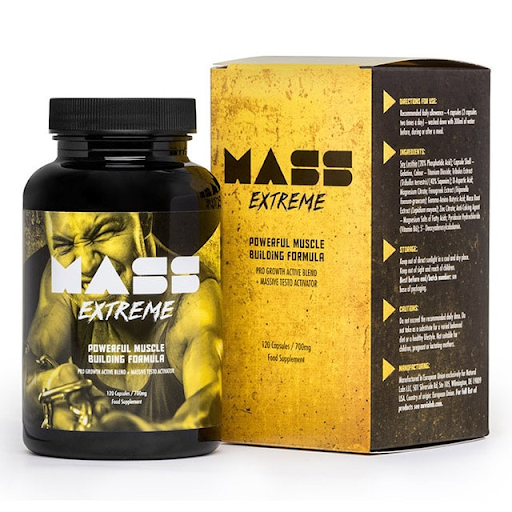Understanding Protein Supplements for Muscle Gain
Protein Supplements
The Importance of Protein in Muscle Development
Protein serves as the building block for muscle tissue. When you engage in resistance training, muscle fibers undergo stress and damage, which necessitates repair and growth. This process relies heavily on protein intake, particularly the essential amino acids that the body cannot synthesize on its own.Research indicates that individuals aiming to gain muscle should consume between 1.6 to 2.2 grams of protein per kilogram of body weight daily, depending on their activity level and goals. This intake can be achieved through a combination of dietary sources and supplements.Types of Protein Supplements
There are several types of protein supplements available, each with unique benefits. Understanding these can help you choose the right one for your needs.1. Whey Protein
Whey protein is one of the most popular supplements for muscle gain. Derived from milk during cheese production, it is rich in essential amino acids, particularly leucine, which is vital for muscle protein synthesis. Whey protein is quickly absorbed by the body, making it ideal for post-workout recovery.There are different forms of whey protein:- Whey Concentrate: Contains about 70-80% protein, along with some fats and carbohydrates.
- Whey Isolate: More refined, containing about 90% protein with minimal fats and carbohydrates.
- Whey Hydrolysate: Predigested for faster absorption, often used in medical protein supplements.
2. Casein Protein
Casein is another milk-derived protein that digests more slowly than whey. This slow release of amino acids makes it an excellent choice for nighttime use or long periods without food. Casein may help reduce muscle breakdown and promote recovery during sleep.3. Plant-Based Proteins
For those following vegetarian or vegan diets, plant-based protein supplements are essential. Common sources include:- Soy Protein: Contains all essential amino acids and has been shown to support muscle growth similarly to whey protein in some studies.
- Pea Protein: A good alternative for those allergic to dairy; it is rich in branched-chain amino acids (BCAAs) which are crucial for muscle recovery.
- Brown Rice Protein: Often combined with pea protein to create a complete amino acid profile, it has shown promise in supporting muscle growth.
How to Use Protein Supplements Effectively
While protein supplements can significantly aid muscle gain, their effectiveness is maximized when used correctly. Here are some tips on how to incorporate them into your diet:1. Timing Your Protein Intake
The timing of protein consumption can influence muscle growth. It is generally recommended to distribute protein intake throughout the day across multiple meals. Consuming protein shortly after workouts can enhance recovery and muscle protein synthesis. Aim for a protein-rich meal or shake within 30 minutes to two hours post-exercise.2. Understanding Protein Quality
Not all protein sources are created equal. The quality of protein is determined by its amino acid profile and digestibility. High-quality proteins, such as whey and casein, have a complete amino acid profile and are easily absorbed by the body.Leucine, in particular, plays a significant role in stimulating muscle protein synthesis. Aim for meals that provide at least 2-3 grams of leucine to maximize the anabolic response.3. Combining Supplements with Whole Foods
While supplements can help meet protein needs, they should complement a balanced diet rich in whole foods. Incorporate a variety of protein sources such as lean meats, fish, eggs, dairy, legumes, and nuts. This approach ensures you receive a broad spectrum of nutrients essential for overall health and muscle growth.Common Misconceptions About Protein Supplements
Despite their benefits, there are several misconceptions surrounding protein supplements:- More Protein Equals More Muscle: While adequate protein is essential, excessive intake does not necessarily lead to greater muscle growth. The body can only utilize a certain amount of protein at a time, so focus on meeting your daily needs rather than overconsuming.
- Supplements Are a Replacement for Food: Protein supplements should not replace whole foods but rather supplement them. Whole foods provide additional nutrients that supplements cannot offer.
- All Protein Supplements Are the Same: Different protein sources have varying effects on muscle growth. Choose a supplement that aligns with your dietary preferences and goals.









Post a Comment